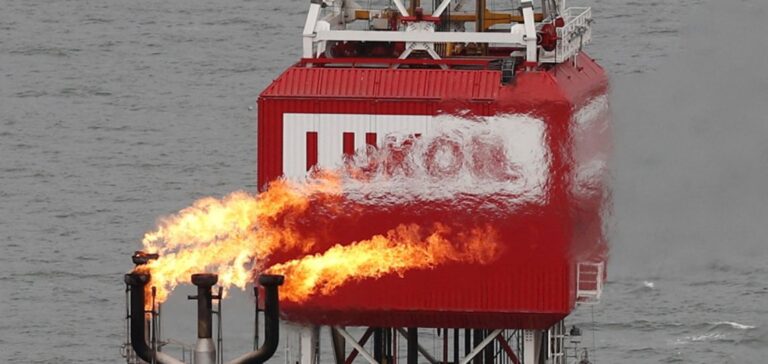The Bulgarian Competition Commission has sanctioned the Russian oil giant Lukoil for abuse of a dominant position. The company has refused to give discounts to its competitors even though it controls the only refinery in the country. This situation has led to higher prices for Lukoil’s rivals, thus harming the interests of consumers. The decision was published on Friday, after the agency was seized by the Austrian OMV and Bulgarian Insa Oil groups.
A fine of 67 million leva imposed
As a result, the Commission decided to impose a fine of 67 million leva (34 million euros) on Lukoil. The sanction was taken after OMV and Insa Oil reported the Russian company’s refusal to give them discounts when purchasing large quantities. The two rivals were therefore forced to pay the same price as that posted in the stations of Lukoil. The Commission found that Lukoil exerted pressure on wholesale fuel prices, thereby impeding competition.
Lukoil can appeal the decision
However, the Commission noted progress on the part of Lukoil during the investigation. The company may also appeal the decision. It should be noted that the Russian company holds nearly 80% of the storage capacity on Bulgarian soil, as well as a vast network of service stations.
Bulgaria still heavily dependent on Russian oil
Bulgaria has traditionally been close to Moscow, but since the war in Ukraine, the country has accelerated the diversification of its energy supply sources. However, it is still very dependent on black gold. Because of this particular situation, the country has been exempted for two years from the European Union embargo on Russian crude. However, apart from the oil needed for its own consumption, the country can now only export oil products to Ukraine.
The decision of the Bulgarian Competition Commission is a strong signal to companies seeking to abuse their dominant position in the market. Lukoil was sanctioned for refusing discounts to its rivals, resulting in higher prices for consumers. This decision also shows that Bulgaria is still heavily dependent on Russian oil, despite its desire to diversify its energy supply sources.






















